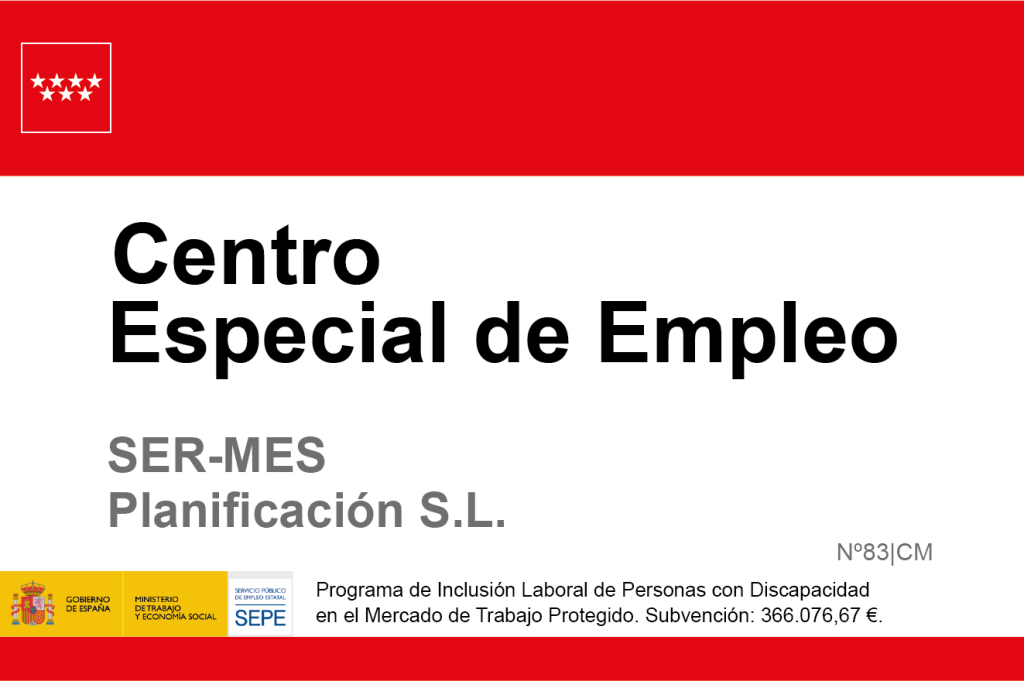
Our Blog
European Patients’ Rights Day
On April 18th we celebrate the European Patients’ Rights Day. The aim is to inform, discuss, and take commitments to improve patients’ rights in Europe and in each Member State
By Sermes CRO
On April 18th we celebrate the European Patients’ Rights Day. The aim is to inform, discuss, and take commitments to improve patients’ rights in Europe and in each Member State
By Sermes CRO

The European Patients’ Rights Day was created by the Active Citizenship Network. It supports the active patients in the healing and care process to improve treatments. Assuming commitments to increase respect for the rights of patients recognized by the European Charter of Patient Rights is its main goal.
The European Charter of Patient Rights includes 14 rights:
1. Right to Preventive Measures
Every individual has the right to a proper service in order to prevent illness.
2. Right of Access
Every individual has the right of access to the health services that his or her health needs require. The health services must guarantee equal access to everyone, without discriminating on the basis of financial resources, place of residence, kind of illness or time of access to services.
3. Right to Information
Every individual has the right to access to all information regarding their state of health, the health services and how to use them, and all that scientific research and technological innovation makes available.
4. Right to Consent
Every individual has the right of access to all information that might enable him or her to actively participate in the decisions regarding his or her health; this information is a prerequisite for any procedure and treatment, including the participation in scientific research.
5. Right to Free Choice
Each individual has the right to freely choose from among different treatment procedures and providers on the basis of adequate information.
6. Right to Privacy and Confidentiality
Every individual has the right to the confidentiality of personal information, including information regarding his or her state of health and potential diagnostic or therapeutic procedures, as well as the protection of his or her privacy during the performance of diagnostic exams, specialist visits, and medical/surgical treatments in general.
7. Right to Respect of Patients’ Time
Each individual has the right to receive necessary treatment within a swift and predetermined period of time. This right applies at each phase of the treatment.
8. Right to the Observance of Quality Standards
Each individual has the right of access to high quality health services on the basis of the specification and observance of precise standards.
9. Right to Safety
Each individual has the right to be free from harm caused by the poor functioning of health services, medical malpractice and errors, and the right of access to health services and treatments that meet high safety standards.
10. Right to Innovation
Each individual has the right of access to innovative procedures, including diagnostic procedures, according to international standards and independently of economic or financial considerations.
11. Right to Avoid Unnecessary Suffering and Pain
Each individual has the right to avoid as much suffering and pain as possible, in each phase of his or her illness.
12. Right to Personalized Treatment
Each individual has the right to diagnostic or therapeutic programmes tailored as much as possible to his or her personal needs.
13. Right to Complain
Each individual has the right to complain whenever he or she has suffered a harm and the right to receive a response or other feedback.
14. Right to Compensation
Each individual has the right to receive sufficient compensation within a reasonably short time whenever he or she has suffered physical or moral and psychological harm caused by a health service treatment












